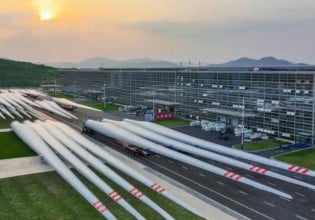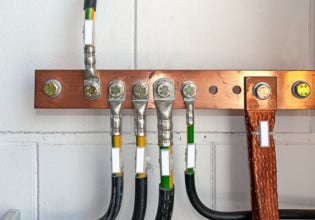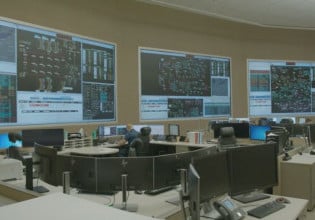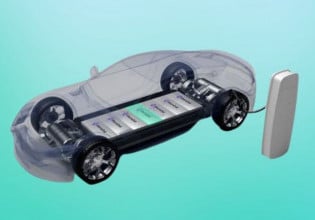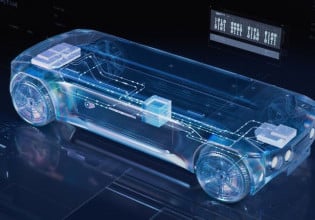Within the last two decades, the European electric power systems have undergone dramatic changes. Distributed renewable energy sources such as wind or solar power have achieved significant shares, and new uses of electricity have emerged. Furthermore, there are new challenges posed by recent developments in the field of electric mobility. In response, the €23 million Interflex project, which is concerned with intelligent distribution networks (smart grids), was officially launched. The project was selected for funding by the EU Commission out of 28 competing projects, in the framework of Horizon 2020, one of the largest EU research and innovation program.
Coordinated by RWTH Aachen, the project focuses on the interoperability of systems, the replicability of solutions, and possible resulting business models. 20 industrial partners, including utilities, manufacturers, and research centers, are involved in the project, which has a budget of 23 million euros and seeks to apply smart grid technologies at an industrial scale to achieve a high penetration of renewable energies.
The project brings electricity retailers, power component manufacturers, and smart grid experts together with the five European distribution companies ÄŒEZ Distribuce (Czech Republic), Enedis (France), E.ON (Sweden), Enexis (The Netherlands), and Avacon (Germany). Over the next three years, twenty project partners will explore new ways of using various forms of flexibilities to optimize the power system on a local scale.
Today, the vast majority of renewable energy sources are already connected to the distribution grid. Within the next few years, millions of electric vehicle charging stations all over Europe are likely to be deployed on the same grid. For this reason, the distribution grid will need to adapt to rapidly changing energy flows.
Seeking to minimize the corresponding grid investments, the distributed system operators will play a major role, exploring the various means of temporarily managing the exchanged energy with the grid within a more local approach. This can be achieved, for example, by customers reducing their consumption at peak times, or storage systems that recharge at times when renewable energy is available.
Over the next three years, Interflex will investigate the interactions between flexibilities provided by energy market players and the distribution grid. The project will particularly focus on energy storage, electric vehicles, demand response, islanding, grid automation, and integration of different energy carriers such as gas, heat, and electricity.
Together with ÄŒEZ Distribuce as technical coordinator, Enedis will take the lead in coordinating a number of innovative use cases and the collaboration of distribution system operators in Europe.
In a demonstrator project in Nice, France, Enedis will investigate flexibilities to support the grid, storage systems, and islanding operation. Led by ÄŒEZ Distribuce, a Czech demonstrator will use grid automation and energy storage to integrate decentralized renewable energy within the distribution grid. Furthermore, smart functions for electric vehicle charging stations shall be developed as a source of flexibility.
The German demonstrator project by Avacon will manage a centralized platform of flexibilities and distributed energy resources to use energy where it is generated, with the aim of relieving the distribution grid.
A first Swedish demonstrator, run by E.ON and located in Malmö, will investigate the integration of energy carriers, using the heat inertia of buildings as a source of flexibility. The goal is to achieve more optimal and environmentally friendly production in a distributed energy system.
A second Swedish demonstrator from E.ON, located in the Skåne region in Southern Sweden, will island a portion of the distribution grid, supported by the client through a “peer to peer†approach. Furthermore, it will assess the benefit of advanced control of local energy systems for the distribution system operator.
The Enexis demonstrator project, Eindhoven, proposes a multi-service approach to harness local flexibilities such as stationary storage and electric vehicle batteries, involving distribution system operators, charge point operators for electric vehicles, and other relevant parties.


